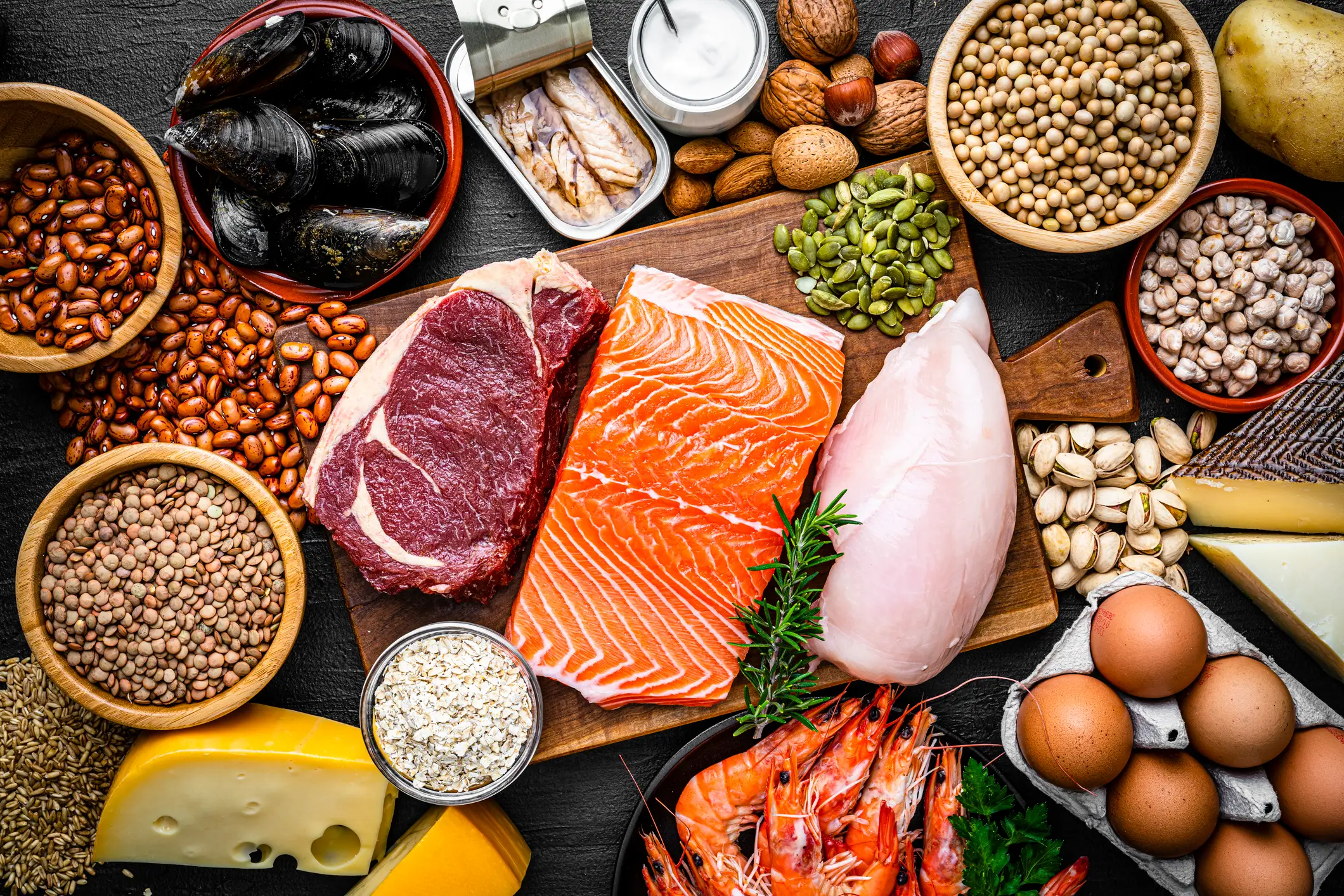
An expert has explained why eating too much protein can lead to worrying health condition 'rabbit starvation'.
If you happen to work out regularly, your FYP is likely to be filled with David Goggins motivational videos and the importance of a high-protein diet for muscle growth.
But rather than worrying about 'who's going to carry the boats', it's worth looking at the dieting information we are being fed online.
The ketogenic (keto) diet, very high in fat, high in protein and low carb, is just one way influencers claim to keep themselves shredded all-year-round. This is often paired with a calorie deficit, we are told.
Advert
But another, much more extreme, version of this is the carnivore diet - an extreme form high protein with almost no carbs, consisting solely of animal products (meat, fish, eggs, sometimes dairy).
However, Dr Margaret Murray - a Dietitian and Senior Lecturer in the School of Health Sciences at Swinburne University of Technology - has warned of the dangers of a high-protein diet.
What is rabbit starvation?

Rabbit starvation, also known as protein poisoning, is when a diet is overly high in lean protein, such as rabbit, caribou.
Seriously lacking in fats and carbs, it can cause your liver and kidneys to become overwhelmed by ammonia, urea, and amino acids, reports Healthline.
It's 'a term often linked to early 20th century explorer Vilhjalmur Stefansson, in reference to the fact that those who subsisted on a diet of mainly rabbits (which are famously lean) quickly fell dangerously ill', Dr Murray added to the Independent.
Symptoms of rabbit starvation

• nausea
• fatigue
• headaches
• mood changes
• low blood pressure
• hunger
• diarrhea
How much protein should you be having?

The health expert says the recommended daily protein intake for adults is 0.84 grams per kilogram of body weight for men and 0.75 grams per kilogram of body weight for women.
"Most Australian adults are already eating plenty of protein," she said.
"Even so, many people still go out of their way to add even more protein to their diet.
"For people working to increase muscle mass through resistance training, such as lifting weights, a protein intake up to 1.6 grams per kilogram of body weight per day (that’s 144 grams a day for a 90 kilogram person) can help with increasing muscle strength and size.
"But research shows there is no additional muscle gain benefit from eating any more than that."
Topics: Health, Bowel cancer, Cancer, Food And Drink